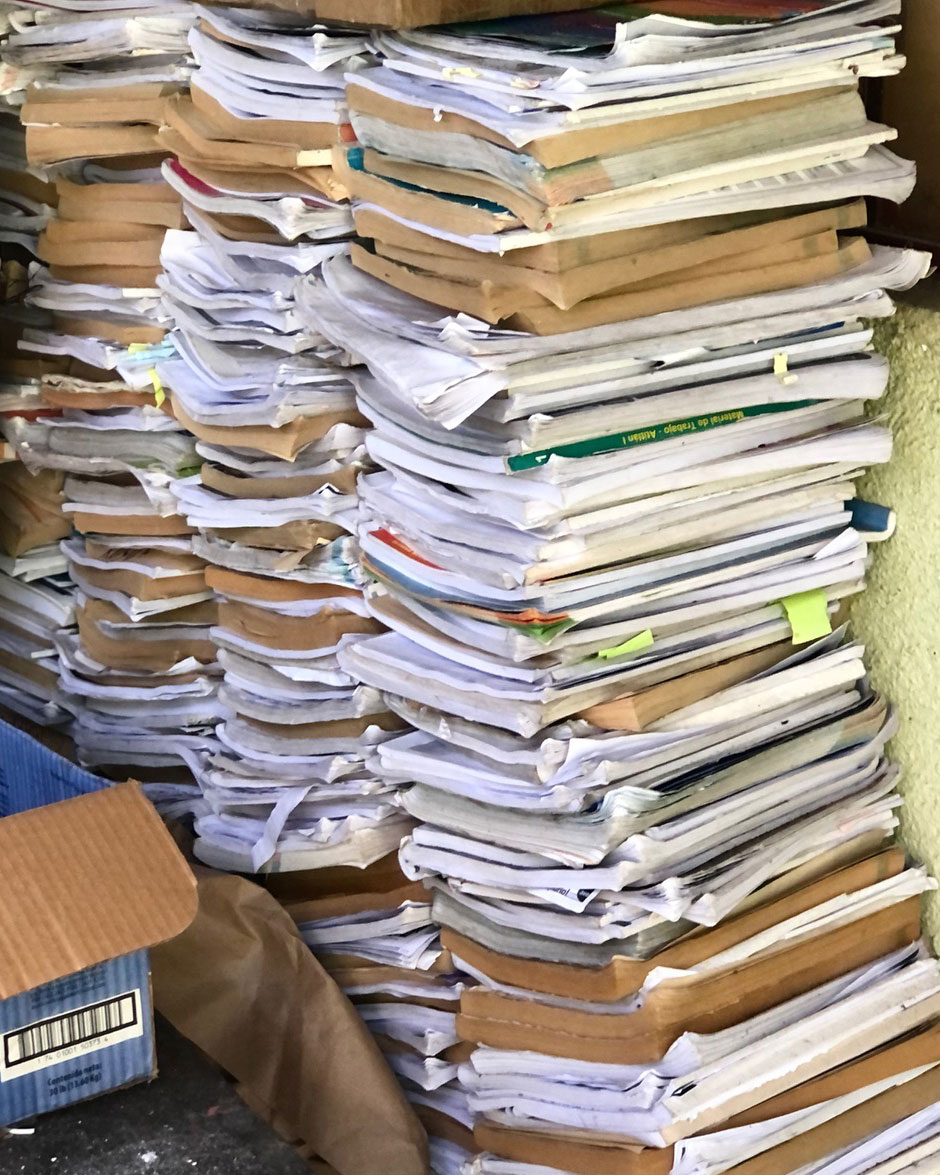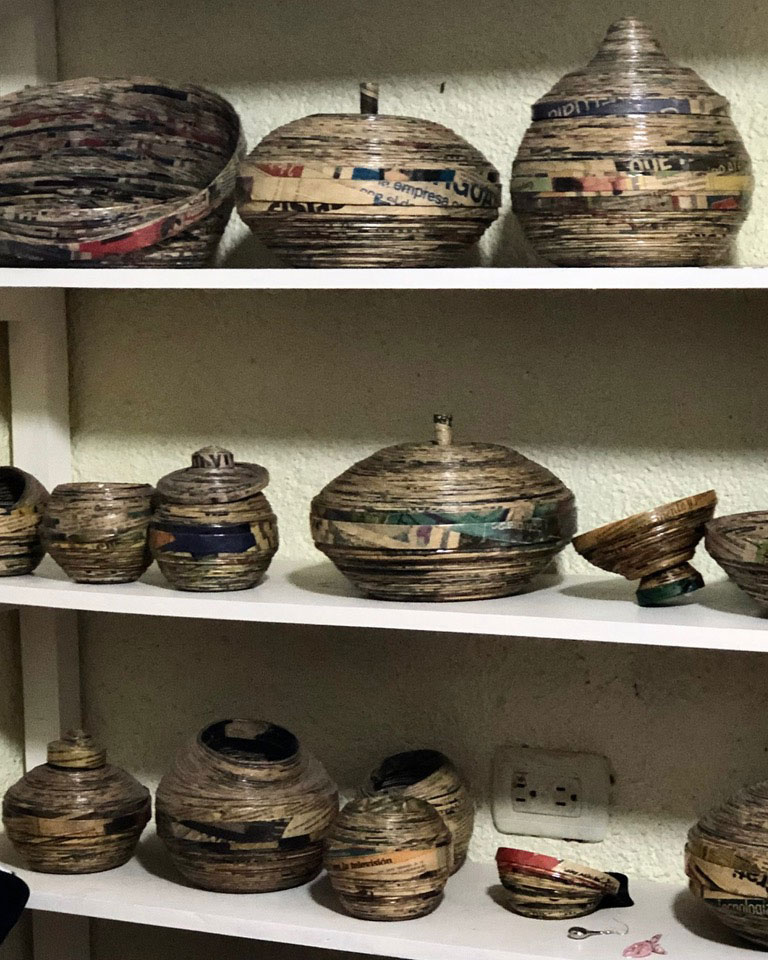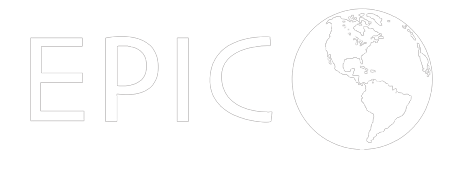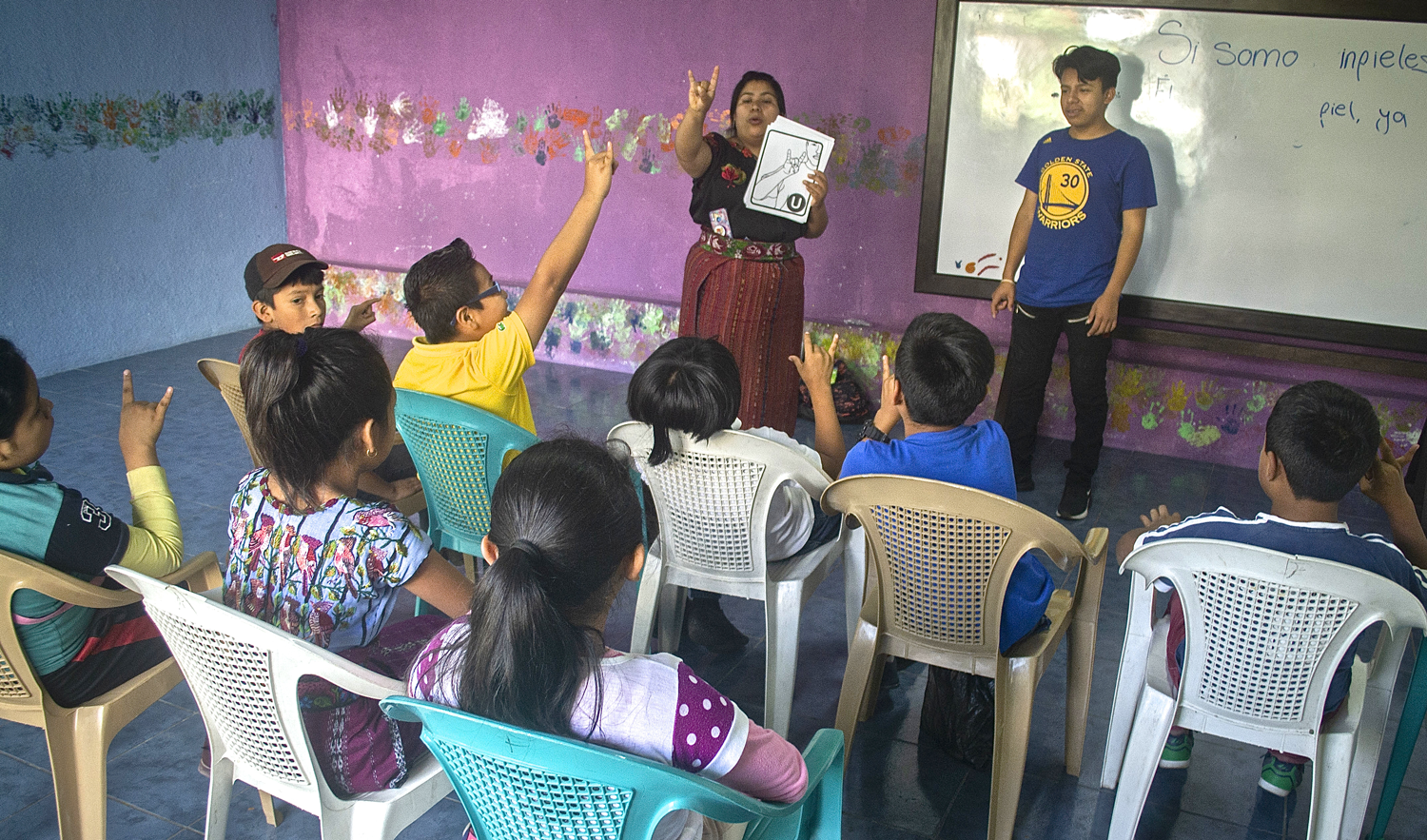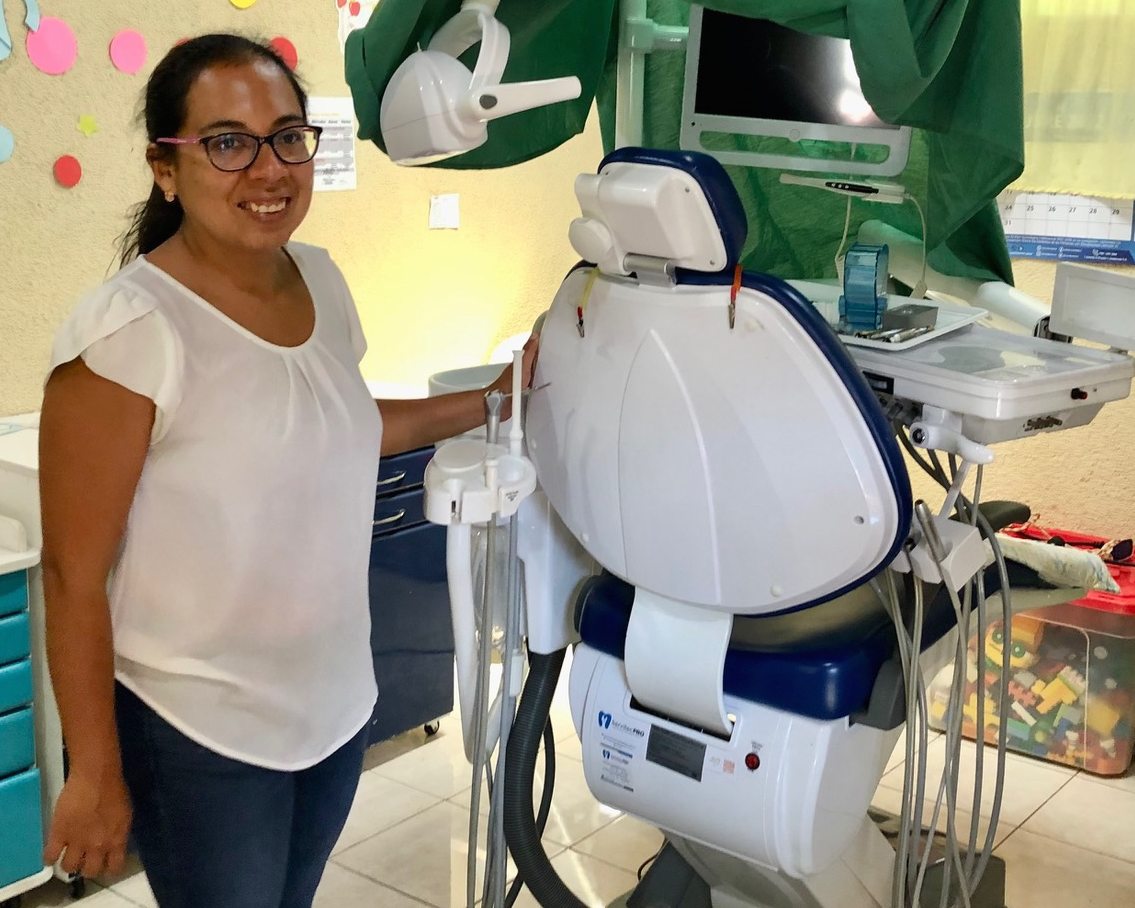
ADISA – GUATEMALA
The Association of Parents and Friends of People with Disabilities
“Por una comunidad inclusiva”
ADISA’s various programs work to enable persons with disabilities achieve their full and effective participation in the community. ADISA’s objective is a just and inclusive society, where people with disabilities are recognized as equal and contributing members.
When Francisco Sojuel and María Argentina Figueroa’s third child, Nila Eliza, was born with hydrocephalus and later contracted meningitis, they were made aware of the lack of services available for people with disabilities in Santiago Atitlán, Guatemala. They began to contact other parents with similar needs and organize a support system for children with disabilities. With this group of local parents, they were able to enlist teams of neurologists, physical therapists, and special education teachers on weekends. In 1998 the Centro de Educación Especial was inaugurated as an annex to the official government school. Guatemala has almost no schools or institutions which are dedicated to helping children with disabilities and their families. In 2003 ADISA achieved its legal recognition as an association recognized by the Guatemalan government. ADISA’S strategy is Rehabilitation Based in the Community (RBC) which includes health, education, empowerment, and life skills.
Dental Care
ADISA provides dental care and dental hygiene instruction for all of their participants. In Guatemala dental care is limited and not attainable for the majority of Guatemalans. For persons with disabilities, it is especially hard to ever get any dental care. Through the generosity of some of their donors, ADISA has an excellently equipped one chair dental office. After serving their community of persons with disabilities, they provide dental care at reasonable prices for anyone in their town of Santiago. Since 2022 by working through this program partner, EPIC has helped provide dental care for those in Guatemala who otherwise would have no access – persons with disabilities and the very poor.
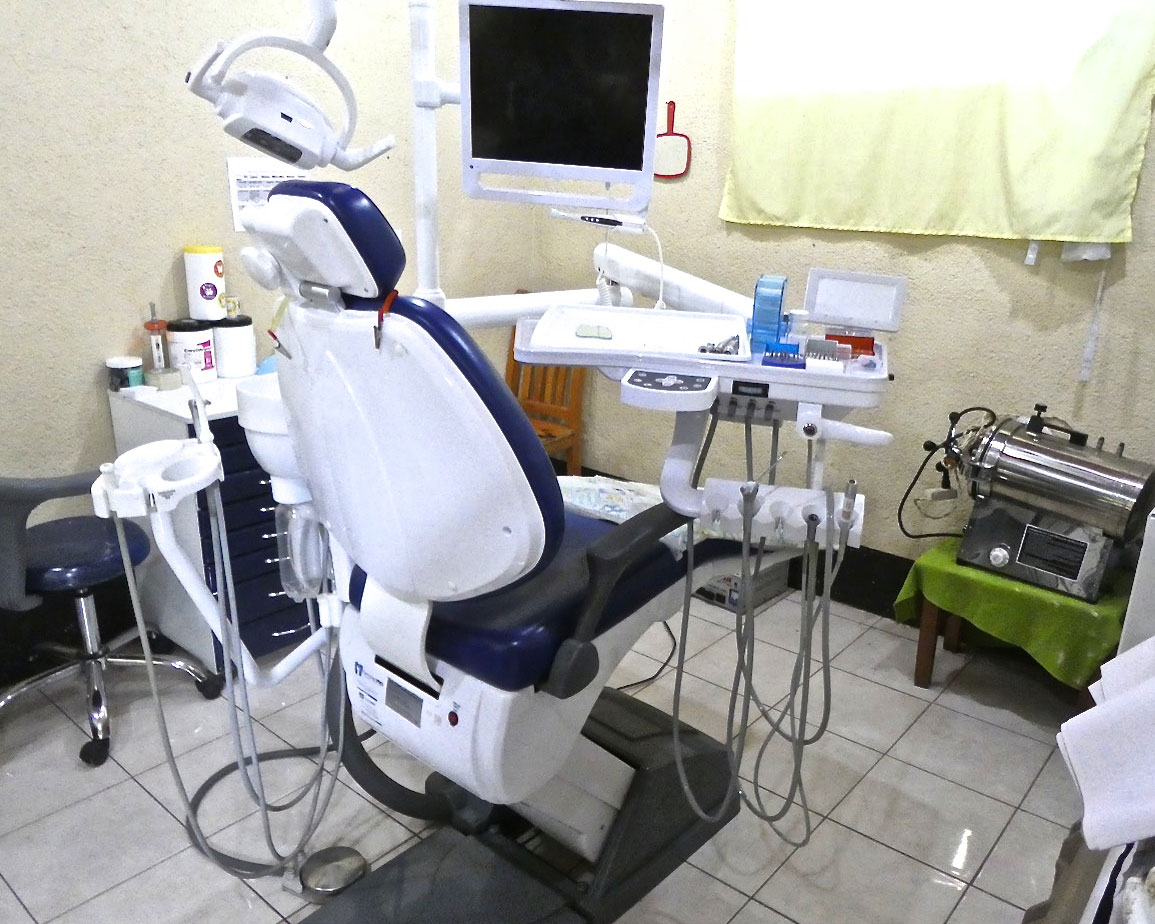
Young Participants Receive Classes
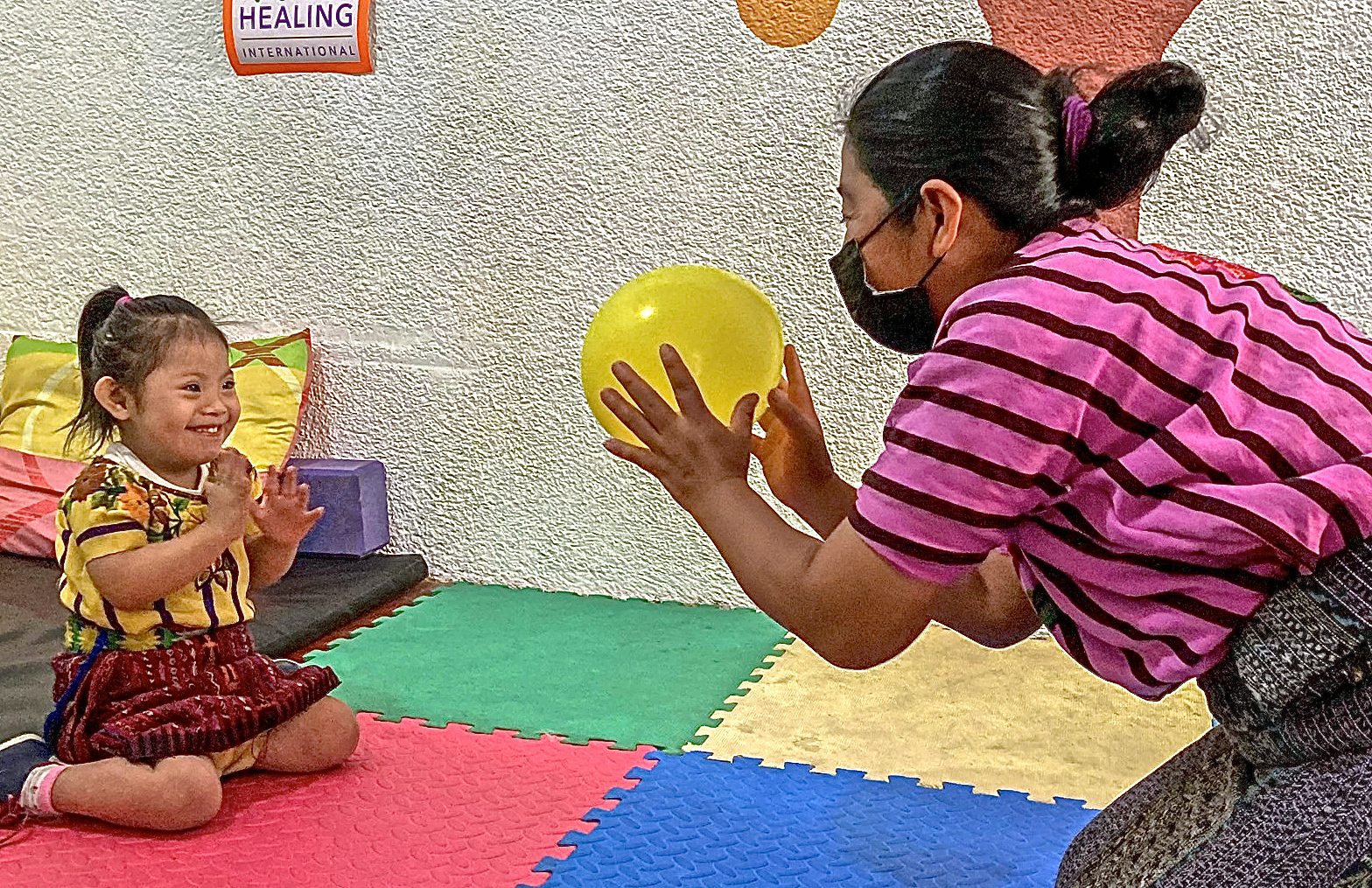
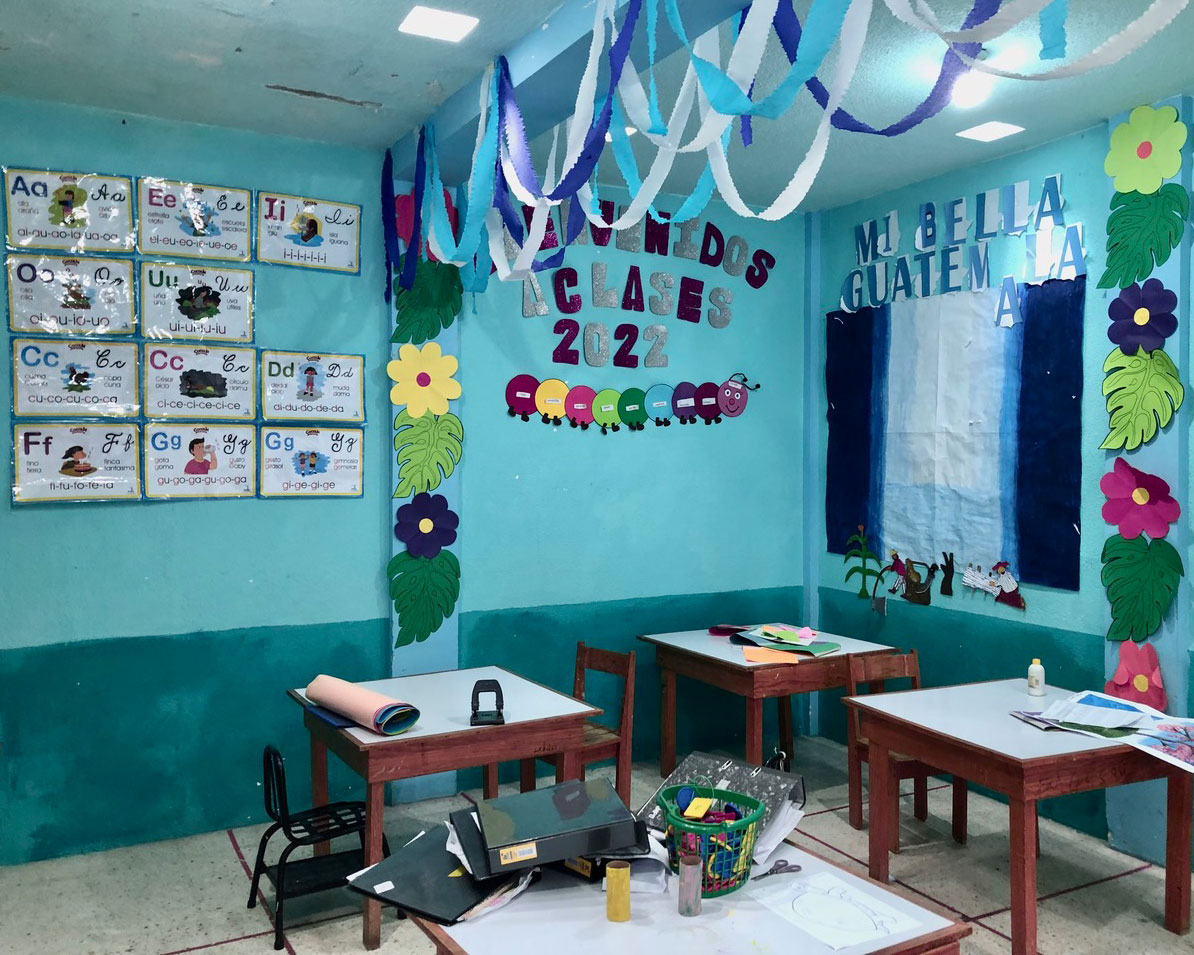
Teaching Skills
Older participants are learning skills to earn some income. They have made the beautiful beautiful containers from old magazines and papers.
